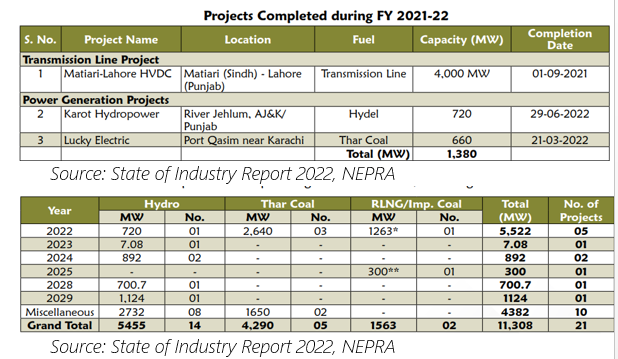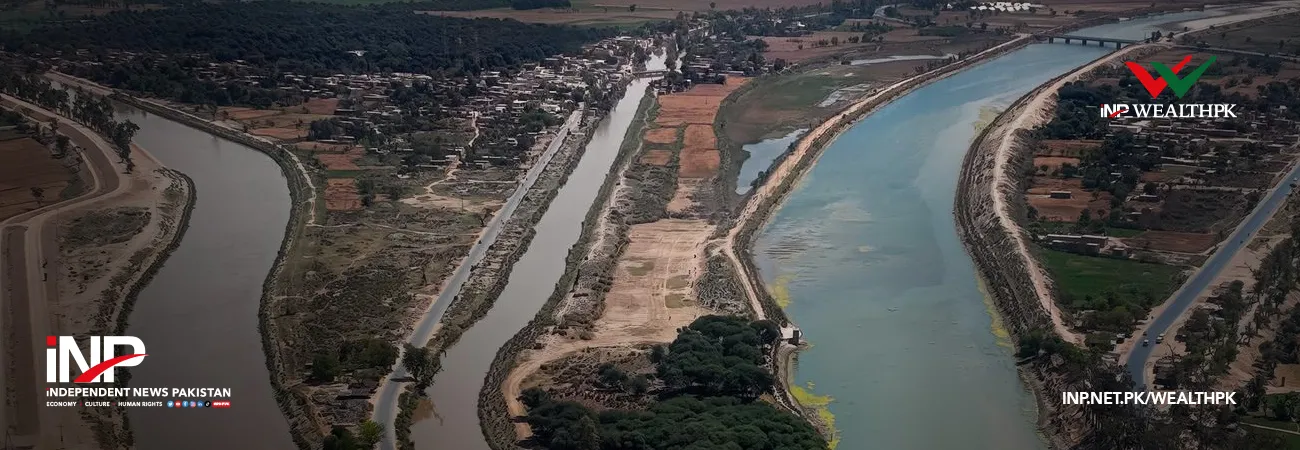INP-WealthPk
Ayesha Saba
Pakistan's reliance on imported oil and gas has made it vulnerable to fluctuations in the global energy prices and supply disruptions. By developing and utilizing its own energy resources, Pakistan can ensure a more stable and secure energy supply, reports WealthPK.
Talking to WealthPK, Dr Athar Mansoor, an energy expert, said, “Pakistan is not ready to transition to a sustainable energy system. It is evident that transition is needed, but the country needs first to improve its economy, as a huge amount of funds will be required for successful transition. Owing to heavy reliance on the imported fuel, the power losses are increasing day by day because the cost of imported fuel has increased significantly during the past few years.”
He suggested that the government utilize the local energy resources such as coal and hydro resources for power generation to reduce circular debt as well as import bills. Generation of cheap electricity will enable the industries to get access to a reliable source of energy at a reasonable rate, he added.
An official spokesperson for Private Power and Infrastructure Board (PPIB) who wished to remain anonymous told WealthPK that Pakistan is prioritizing construction of new dams in order to increase the percentage of hydropower in the energy mix while also trying to ensure more water for agriculture. Pakistan has around 64,000MWs of clean, economical, sustainable, and indigenous hydropower potential, he added.
“The PPIB is actively working to improve the share of indigenous coal and renewable hydro-based electricity in the overall energy mix. It works closely with the Ministry of Energy and other government agencies to identify potential power projects and attract private sector investment. The agency also works with the project developers to secure financing and negotiate power purchase agreements (PPAs) with the government or the national power utility,’’ said the PPIB official.
“Since a substantial number of transmission lines are expected to be added to the network, private sector engagement in the implementation of new transmission projects is likely. The PPIB is also working with the National Transmission Development Corporation (NTDC) to compile a list of feasible prospective transmission line projects,” he said.
He said in the context of CPEC, the PPIB has been tasked with implementing a number of power projects in collaboration with the Chinese companies. The projects include 1,320MW Port Qasim Coal-fired Power Plant, 1,320MW Sahiwal Coal-fired Power Plant, and 720MW Karot Hydroelectric Power Project. The PPIB is responsible for ensuring that these projects are completed on time and are within budget and that they meet the required technical and environmental standards.

According to the above report, the PPIB is handling a diversified portfolio of 22 hydro, coal, and RLNG-based power generation projects of more than 12,000MW. The hydropower-based projects are designed to generate 6,175MW, Thar Coal Project 4,290MW, Imported Coal Project 300MW and RLNG-based Power Project 1,263MW.
Credit: Independent News Pakistan-WealthPk













